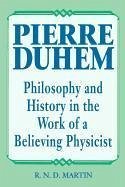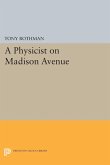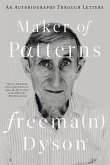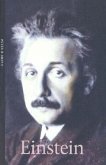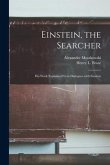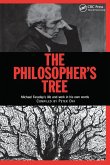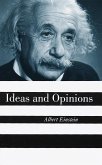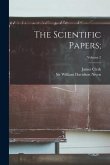More than any other major twentieth-century writer, Pierre Duhem has been the victim of ill-informed guesswork. For instance, many references to Duhem stress the importance of his Catholic faith, but nearly all of them draw the obvious-and entirely erroneous-conclusions about the role of Catholicism in Duhem's thinking. This book pays particular attention to the political and intellectual context of French Catholicism, wracked as it was by the tensions of Dreyfus affair and the so-called modernist crisis. Duhem took his inspiration, not from the papally-sponsored revival of the thought of St. Thomas Aquinas, but from Pascal, a fact that aroused suspicions of skepticism in the minds of conservative Catholics. The tensions between Duhem's work and authoritarian Catholic positions became more explicit as his historical work unfolded. Most famous for his denial of the possibility of a crucial experiment which could unambiguously decide between contending scientific theories, Duhem has often been interpreted as a mere instrumentalist or conventionalist, denying the meaningfulness of a reality behind the theory. Dr. Martin shows that Duhem was a Pascalian who argued for both logic and intuition as indispensable in approaching the truth. Duhem argues that physics could not legitimately be used to attack Christianity, but he held that physics was equally useless for the defense of Christianity, a position which made him unpopular with many Catholics.
Bitte wählen Sie Ihr Anliegen aus.
Rechnungen
Retourenschein anfordern
Bestellstatus
Storno

